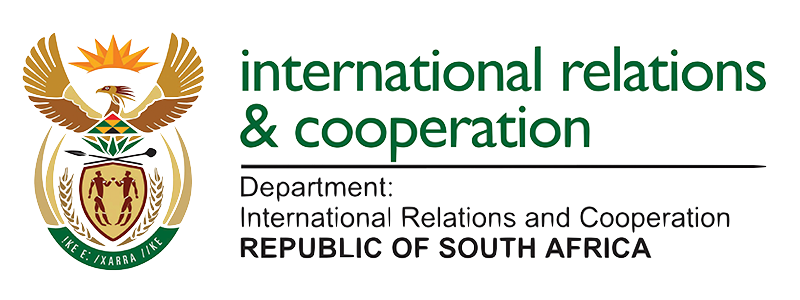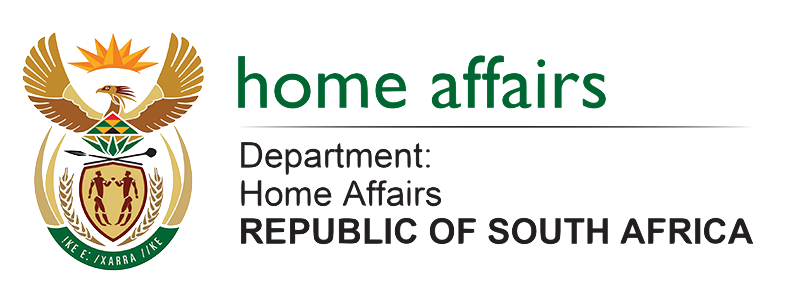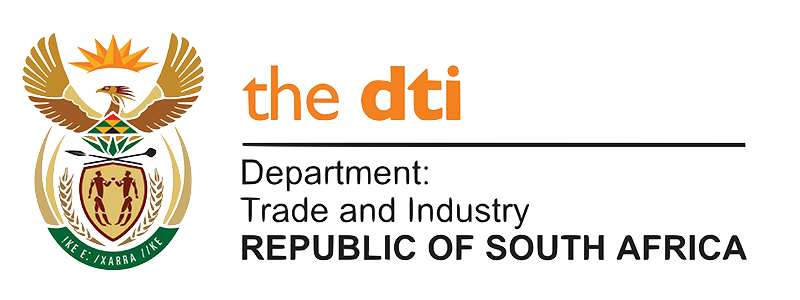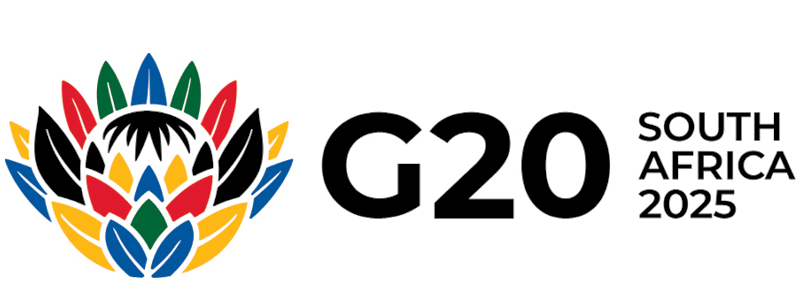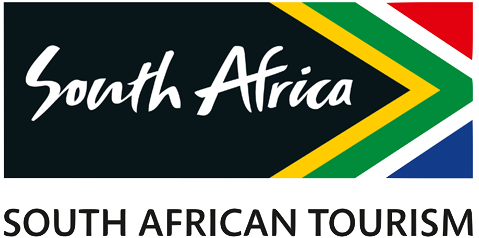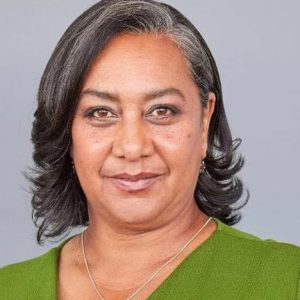- Home
- |
- Foreign Policy
According to the Constitution of the Republic of South Africa of 1996, the President is ultimately responsible for the foreign policy and international relations of South Africa. It is the President’s prerogative to appoint heads of mission, to receive foreign heads of mission, to conduct state‐to‐state relations, and to negotiate and sign all international agreements.
The Minister of International Relations and Cooperation is entrusted with the formulation, promotion, execution and daily conduct of South Africa’s foreign policy.
Mission
DIRCO’s mission is to formulate, coordinate, implement and manage South Africa’s foreign policy and international relations programmes and promote South Africa’s National Interest and values and the African Renaissance (and create a better world for all).
►Through bilateral and multilateral interactions protect and promote South African national interests and values
►Conduct and coordinate South Africa’s international relations and promote its foreign policy objectives
►Monitor international developments and advise government on foreign policy and related domestic matters
►Protect South Africa’s sovereignty and territorial integrity
►Contribute to the formulation of international law and enhance respect for the provisions thereof
►Promote multilateralism to secure a rules-based international system
►Maintain a modern, effective and excellence-driven department
►Provide consular services to South African nationals abroad
►Provide a world-class and uniquely South African State Protocol service.
Values
The Department of International Relations and Cooperation adheres to the following values:
- Patriotism
- Loyalty
- Dedication
- Ubuntu
- Batho Pele
- Constitutional Values
Bilateral Relations
The Department of International Relations and Cooperation (DIRCO) aims to strengthen political, economic and social relations through structured bilateral agreements and high‐level engagements to advance South Africa’s national priorities, the African Agenda and South‐South cooperation. The department embraces relevant national priorities by strengthening bilateral cooperation with individual countries, particularly through focussing on increasing exports of South African goods and services, foreign direct investment with technology transfers into value‐added industries and mineral beneficiation, and inbound tourism and skills enhancement.
The Department of International Relations and Cooperation’s (DIRCO) vision is an African continent, which is prosperous, peaceful, democratic, non-racial, non-sexist and united and which contributes to a world that is just and equitable.
Multilateral Relations
The DIRCO is committed to multilateralism as enshrined in the UN Charter, and is active in multilateral institutions, including the Group of Twenty (G20), the G77+China, Brazil, Russia, India, China and South Africa (BRICS) and the Non-Aligned Movement (NAM).
Strengthening African cooperation and regional integration
Africa remains the focal point of South Africa’s foreign policy. Accordingly, the department will continue to play an active role in the structures and processes of the African Union (AU) to advance peace, security and conflict prevention in Africa.
Active participation in the UN
Engagements with the UN, and active participation in its processes, are of vital importance to South Africa and the advancement of the country’s foreign policy priorities
UN General Assembly (UNGA)
Established in 1945 under the Charter of the UN, the UNGA occupies a central position as the chief deliberative, policymaking and representative organ of the UN. Comprised of all 193 members of the UN, it provides a unique forum for multilateral discussion of the full spectrum of international issues covered by the Charter. It also plays a significant role in the process of standard-setting and the codification of international law.
UN Security Council (UNSC)
The UNSC has primary responsibility for the maintenance of international peace and security. It has 15 members, and each member has one vote. Under the Charter of the UN, all member states are obligated to comply with UNSC decisions. The UNSC takes the lead in determining the existence of a threat to the peace or act of aggression. It calls upon the parties to a dispute to settle it by peaceful means and recommends methods of adjustment or terms of settlement. In some cases, the UNSC can resort to imposing sanctions or even authorise the use of force to maintain or restore international peace and security. The year 2021 was the third year as a non-permanent member of the UNSC.
International bodies
Brazil, Russia, India, China and South Africa (BRICS) is an association of five major emerging countries, which together represent about 42% of the global population, 23% of the Gross Domestic Product (GDP), 30% of the territory and 18% of the global trade. South Africa’s membership of BRICS enables the country to employ additional and powerful tools in its fight to address the triple challenge of unemployment, poverty and inequality through increased trade, investment, tourism, capacity building, skills and technology transfers.
India, Brazil and South Africa (IBSA)
The IBSA Dialogue Forum brings together three large pluralistic, multicultural and multiracial societies from three continents as a purely South-South grouping of like-minded countries committed to inclusive sustainable development, in pursuit of the well-being of their peoples and those of the developing world.
Commonwealth
Since rejoining the Commonwealth in 1994, South Africa has interacted closely with the work of the Commonwealth contributing politically, financially and in terms of capacity and expertise to the work of the organisation.
Non-Aligned Movement
South Africa formally joined the movement in 1994 and has played a leading role in NAM deliberations and meetings ever since. The NAM, consisting of 120 members, is the largest political grouping of countries outside the UN, making it an important lobby group of developing countries in global affairs.
Group of Twenty
South Africa has been a permanent member of the G20 since its inception in 1999 following the Asian financial crises. The G20 economies account for 85% of the global GDP, 80% of world trade and two-thirds of the world’s population. South Africa also works together closely with the following international bodies and organisations to ensure that it benefits from trade, investment, industrialisation and innovation to address the triple challenges of poverty, inequality and unemployment, as espoused in the National Development Plan:
South Africa is one of the 194 member states that constitute the World Health Organisation (WHO). The country takes part in the annual World Health Assembly (WHA), which is the WHO’s supreme decision-making body. South Africa also participates in the WHO’s annual Regional Committee for Africa, which reflects on the decisions taken at the WHA, particularly those relevant to the continent.
New Development Bank (NDB) was established in 2014 to strengthen cooperation among the BRICS group of countries and complements the efforts of multilateral and regional financial institutions for global development.
South Africa is also a member of the main international organisations, the World Trade Organisation, the World Economic Forum. The Organisation for Economic Cooperation and Development, the International Labour Organisation, the World Intellectual Property Organisation.

